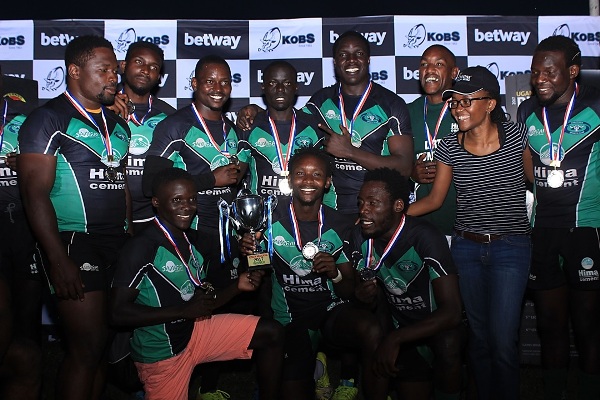A section of farmers in Agago district is concerned about the delayed disbursement of the Parish Development Model-PDM funds. PDM is a government program aimed at organizing and delivering public and private sector intervention for Wealth creation and employment generation at the parish level as the lowest economic planning unit.
Although the government has disbursed the funds for the projects twice, the beneficiaries are yet to access the money. Ensio Langol, a member of “Anyim Pire Tek” farmers group member said he was hopeful that since the money disbursed in 2021/2022 was not utilized, beneficiaries would access the money early enough this financial year.
Langol said many farmers realized poor yields last year and are starving now, and they were hoping the timely access to the funds could enable them to plant early to improve their food and financial security.
Langol noted that the district has only one reliable season, and farmers have to plant calculatedly. He pleaded with the implementers of the PDM not to waste the money and help uplift the people’s livelihood, saying the government has already done its part yet the sub-region continues to be cited among the poorest.
Angelina Alwoch, the chairperson of Anyim Pire Tek farmers group said farmers started preparing their gardens in early January but they have been told to wait. Alwoch is worried that despite being told to start preparing their gardens in February, the month is already here yet there seems to be a lot to be done before they receive the funds.
Ajuleta Lawino, is a member of the Watam pi Anyim farmers group that chose to grow sunflowers, she fears that the prolonged dry spell that affects the district yearly will affect them if they don’t plant early. Lawino said many farmers use hand hoes and their children as labor and is hopeful that the PDM would enable them to open large land for both home commercial purposes and for sale.
Geoffrey Otema, the Agago Principal Commercial Officer in charge of financial inclusion; the third pillar of the PDM, said they are yet to do a number of activities before members can access the funds. Otema revealed that they have registered 117 parishes with 1174 PDM SACCOs, 1174 household enterprise groups, 19,225 individual groups, 5,802 youth, and 2161 Persons with Disability.
He noted that although they have already trained all the leaders of the various groups, they are yet to train the households, the enterprise groups, and business planning before groups are prepared to start accessing the funds.
According to the 2021/2022 report of the Auditor General, up to shillings 79.2 billion revolving funds paid to 8,703 SACCOs in 169 local governments remained idle in bank accounts as of June 30th, 2022.
The report indicates that accounting officers attributed the failure to utilize the funds to the halting of the PDM activities due to insufficient funds to commence the SACCO operations, delays to register SACCOs, and lack of guidance on how to utilize the funds.
In the financial year 2021/2022, Agago district received over 1.2 billion shillings out of the approved PDM budget of 2 billion shillings. However, the district failed to send 788.7 million shillings directly to the PDM SACCOs, as all of them were yet unregistered. This amount excludes the 25 million shillings disbursed to each of the 177 PDM SACCOs in the current financial year.
The Auditor General, John Muwanga, advised the PDM Secretariat and Ministry of Finance, Planning and Economic Development to resolve the challenges so that the SACCO operations can start. “Failure to timely utilize disbursed funds delays achievements of the PDM objectives of improving community livelihoods and will also compromise recovery of the advanced funds,” Muwanga noted.
Bongomin Richard Akal, the District Planner, said there is still a need to train the Community Development Officers-CDOs to avoid a scenario of arrests that occurred last year. In October 2022, six CDOs were detained for allegedly failing to account for Shillings 5.8 million meant for training of sub-county chiefs, Cultural and religious leaders at sub-counties, and Parish Development Committee, PDCs.
–URN





